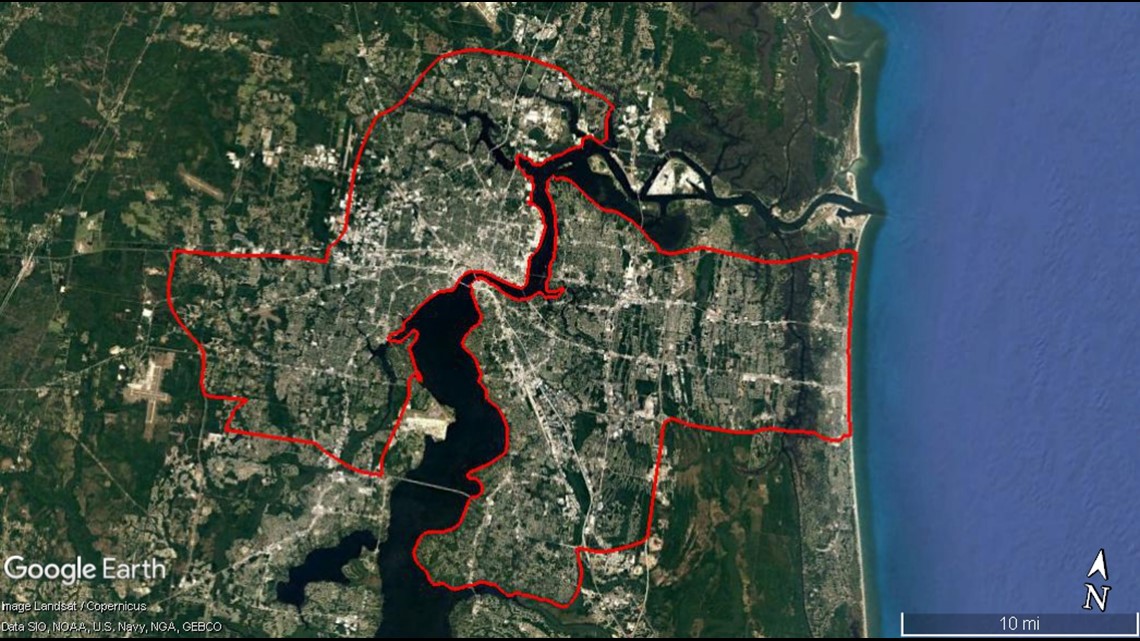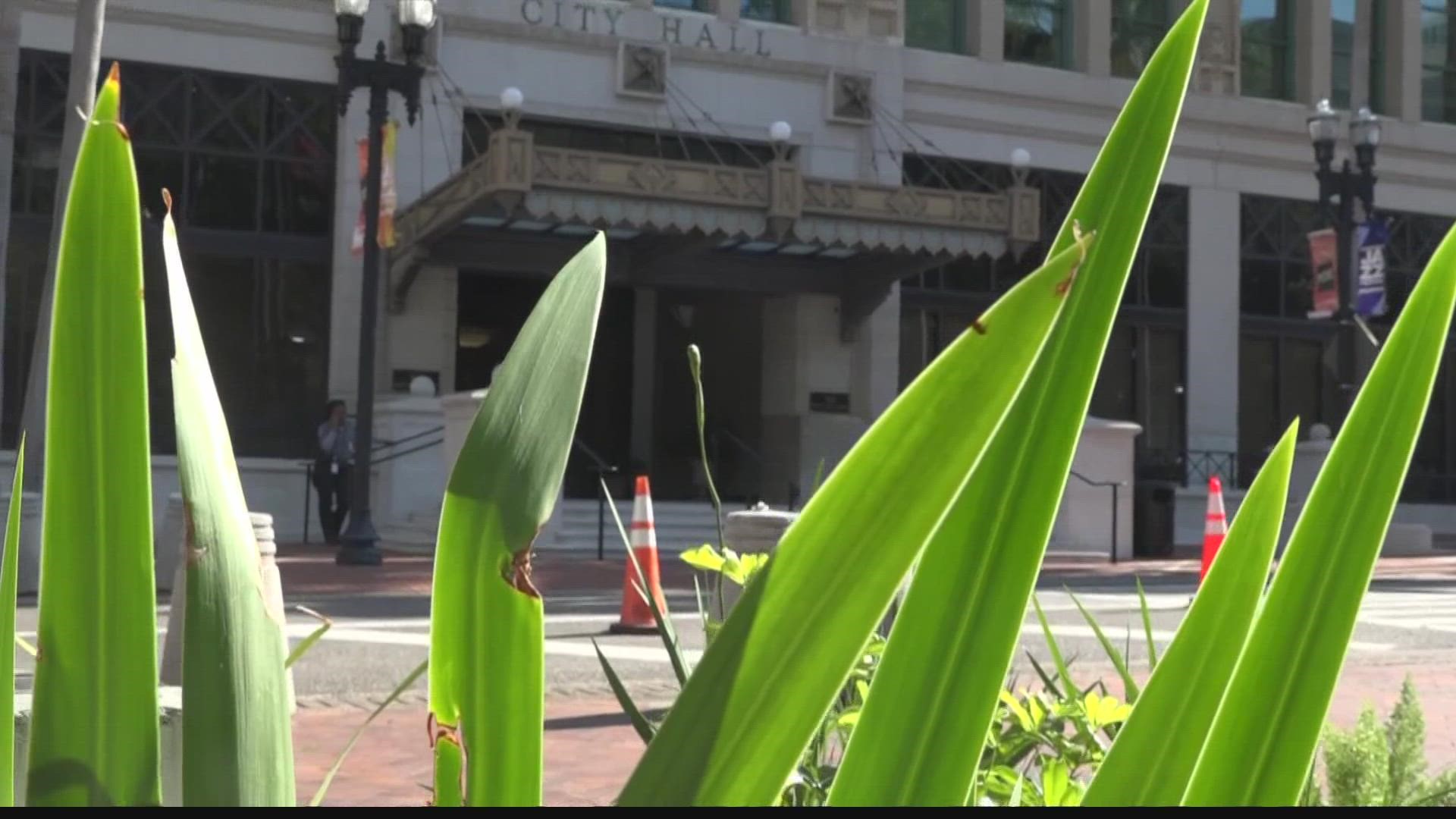JACKSONVILLE, Fla — It’s getting hot, hot, hot! As summer comes around, scientists are teaming up with the City of Jacksonville to study the heat.
“In the heat of the day, I mean, there’s no trees on this block," Adam Rosenblatt, Assistant Professor of Biology at University of North Florida said. "You have solid pavement. This on a really hot summer’s day this is going to be sweltering heat in this kind of area.”
The landscape of Jacksonville looks different depending on which street you turn on.
“We know that areas where we are sitting right now are probably going to be hotter than areas that are further, that are going to be towards the county where there are more trees and fewer buildings," Rosenblatt said.
Rosenblatt is working with Jacksonville’s Chief Resilience Officer Anne Coglianese on the study.
“My main job to make sure Jacksonville is thinking long term about climate change and the impact it is going to have on the city," Coglianese said.
Their focus is urban heat.
“Heat is really one of the biggest public health threats that is faced by climate change and something that if we don’t address now could really shape what Jacksonville looks like long term," Coglianese said.


They want to find out which part of the city get the hottest putting people at more risk for illness and death during extreme heat events. But how?
They are using censors inside cars and it could be your car. They need dozens of locals to get involved.
The study will take place on a single day this summer. You drive around town on an assigned route and that censor will pick up the temperature at those 3 times of the day.
The study is made possible by the Community Foundation of Northeast Florida and St. Johns Riverkeeper.
You also get paid to take part! Sign up here. All the data collected is going to create this study which should be released in September.
“Heat is kind of a silent killer and it’s actually the weather phenomenon that is responsible for the most deaths," Rosenblatt said.
By finding the hottest spots, they can help city leaders take action which could look like planting trees in certain areas, changing building codes, and using different building materials to help cool the city off.
“We are not talking about really far in the future effects. We are talking about in our lifetimes," Rosenblatt said.
By 2050, scientists predict Jacksonville will experience as many as 80 days a year above 100 degrees.
Not only can you take part in the study and get paid, but you can also add some shade to your yard right now. The City of Jacksonville will plant a tree in your yard for free. All you have to do is call 630-CITY.

